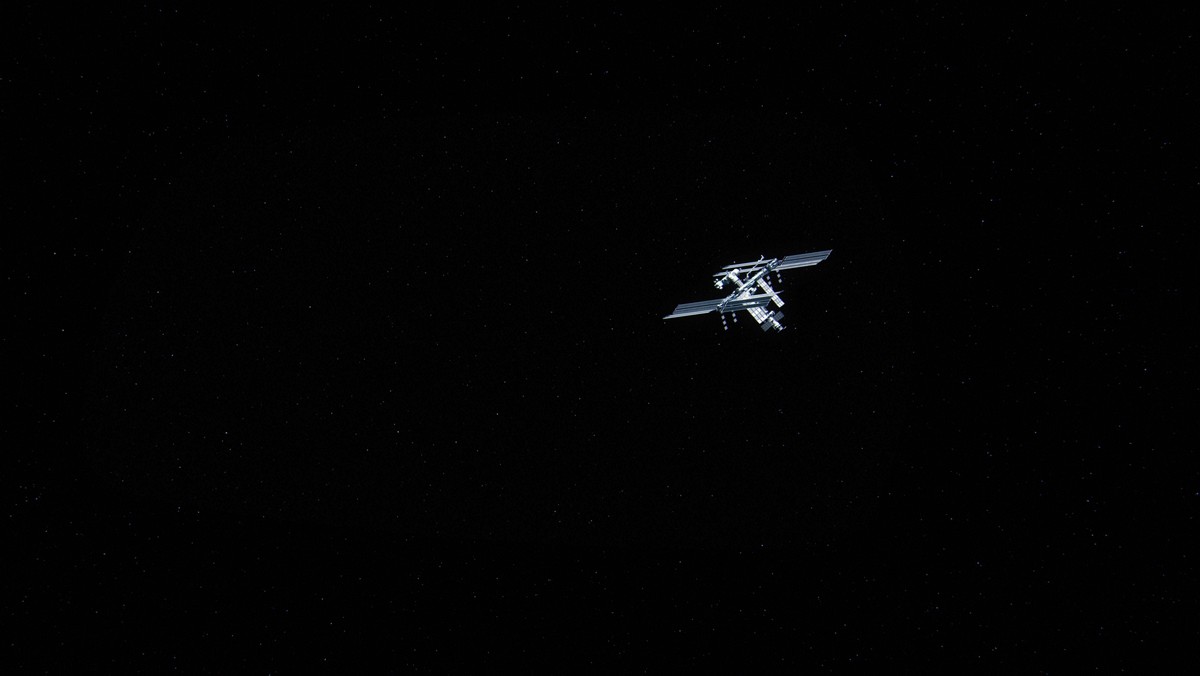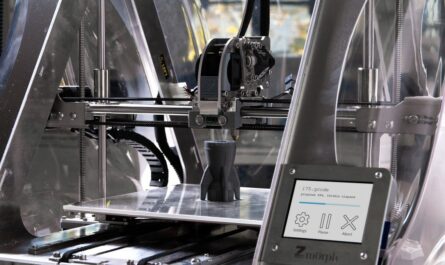Space stations could certainly be included in the list of the most useful inventions of the world. Otherwise known as space stations, they are essentially modern and timeless devices moving in space. They are not a means of space transportation, but a place where astronauts stay.
- For medium and long-term stays in space
- Necessary to be transported by spaceship
- Function as laboratories
When you say space station, many people may think of a type of observatory that serves as a base, laboratory and Science Centre Together. In recent years and probably in the future, space stations will also be used for space tourism.
Where did it all start?
If you look at the early days of the orbital station, you have to go back to 1895. That's when the first more technical design for a space station was made, signed by Konstantin Eduardovich Tsiolkovsky. Subsequently, other projects under the auspices of the USSR and the United States of America were added. On the basis of this there were projects implemented and not implemented. We will now acquaint you with all of them in more detail.
Space stations in questions and answers
Among the realized stations in space can be marked with absolute certainty Project Saljut, the starting point of which was the Almaz project. Seven versions of this project were launched into space from 1971 to 1982. Other interesting facts can be found in the questions and answers below.
These space stations include, for example, the US station Skylab. Other stations include Almaz, Mir, ISS and Tian-kung.
These are, for example, the Space Base, MOL, Zvezda, Freedom and Mir 2 projects.
The only such station is the ISS, or International Space Station.
This occurred on 20 November 1998. The first crew entered the space station in 2000. The space station has been inhabited ever since.
Mir lasted 5,511 days, Tian-kung 1 lasted 2,377 days and Skylab lasted 2,249 days.



